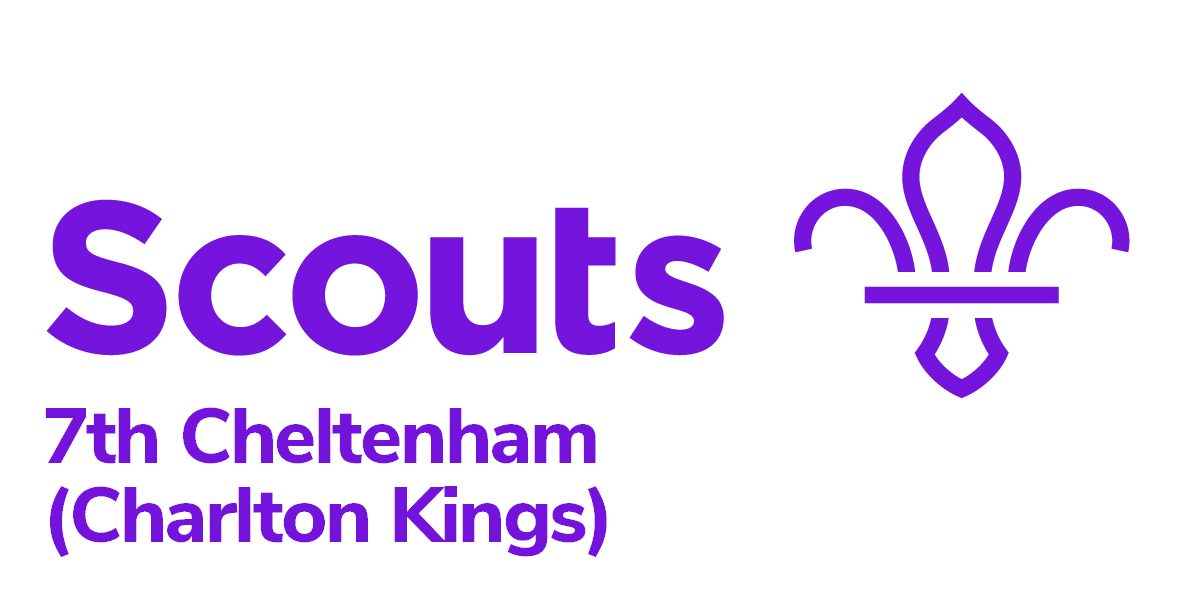In 1855, the Horsefair Street school committee considered the desirability of starting a night school in the parish. Soon afterwards such a school was started, using the Horsefair Street building. It taught the basics: reading, writing and arithmetic to boys who had missed out on day schooling, and as ‘Mr Higgs’ school’ it too qualified for a grant. Thirty boys were presented for examination in 1871; 25 passed in reading and writing, 23 in arithmetic.
About 1870, Charles Cooke Higgs built a separate schoolroom and master’s house for this school on his own land at East End, though the schools continued to be associated for grant purposes until 1874 and the day school master, Mr Folley, taught in the night school and was paid £20 per half year for doing so. Difficulties arose because Higgs still treated the night school as his own and received the grant himself. His formal Deed of Trust was not signed till 13 November 1880.
The night school was open between the hours of seven and nine each day except Saturday and Sunday; boys under 16 paid 3d a week and those over 16 paid 6d, but punctual and regular attendance earned a bonus of half the fees, and books to the value of the other half at the end of the session. The Trust’s income came from nine acres of adjoining land, let out as allotments (the site of the present junior school and Glynrosa Road). Education became compulsory in 1880 and in the 1890s attendance at night school began to drop. In 1897 the trustees decided to introduce some more advanced subjects, including drawing, shorthand and French, and then numbers rose so dramatically that the hall was no longer big enough. So it was decided to join Cheltenham Grammar School evening classes and move the venue to the boys’ school or the town. On 1 August 1905 East End Hall was let as a Church Lads’ reading room and club, and from September 1914 it was shared by the Lads’ Club and Charlton Kings Scouts. It has continued to be the Scout Headquarters and was sold to the Scouts in 1954.
The Trust’s funds are still used for educational purposes.
Extract from ‘A History of Charlton Kings’ Charlton Kings Local History Society, Editor: Mary Paget
